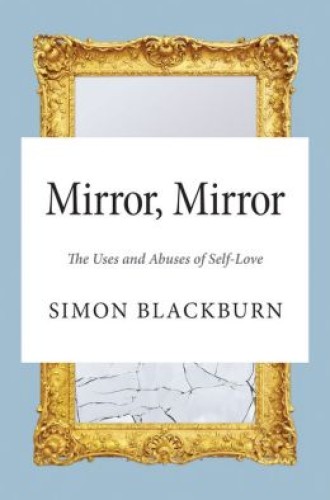Mirror, Mirror, by Simon Blackburn
I watch as two young women hold cell phone cameras at arm’s length, laughing as they capture an endless stream of self-portraits, appropriately known as selfies, to share with friends on Snapchat. At first I smile, enjoying the freedom with which each girl celebrates her own visage, unshackled by internalized social censors against self-appreciation. They wait for reactions to the pictures, their faces reflecting pleasure in friends’ texted affirmations. But as they continue without pause for more than ten minutes, I begin to wonder if the practice reflects liberation from artificial demands of self-denial or a new kind of bondage in which teens require a constant stream of feedback on the images they project in order to feel alive and well.
Teens are not the only people whose activities raise questions about the appropriateness of self-focused attention. “Read my sermon, posted here,” writes a pastor on her blog. Is it a helpful offering of the fruits of her labor or a bid for more admiring responses? “Hot off the press: see my latest book,” writes a young religion scholar on a social networking website, in an act of self-promotion that some say is not only acceptable but necessary in the current entrepreneurial climate of academia. What is the right amount of attention to give to oneself, and when does self-love turn to problematic narcissism? Such questions, critical in faith communities where disciples seek to love God completely and to love their neighbors as they love themselves, are taken up by philosopher Simon Blackburn in Mirror, Mirror: The Uses and Abuses of Self-Love.
The challenge of finding an appropriate balance in one’s self-regard is hardly new. From Aristotle to Iris Murdoch, philosophers have identified self-love as a central issue in human experience, and one that we often get wrong. Theologians most often address this topic under the rubrics of pride and temptation and have at times gone too far in condemning as sin what may under certain circumstances be complex, healthy, and necessary self-affirmation. But as Blackburn points out, not only pride but a whole host of emotions and attitudes toward the self can get out of whack. In Mirror, Mirror, self-esteem, embarrassment, shame, vanity, envy, self-respect, and arrogance appear alongside character traits such as integrity, sincerity, and authenticity as aspects of Blackburn’s inquiry into how to get our love of self into balance.






